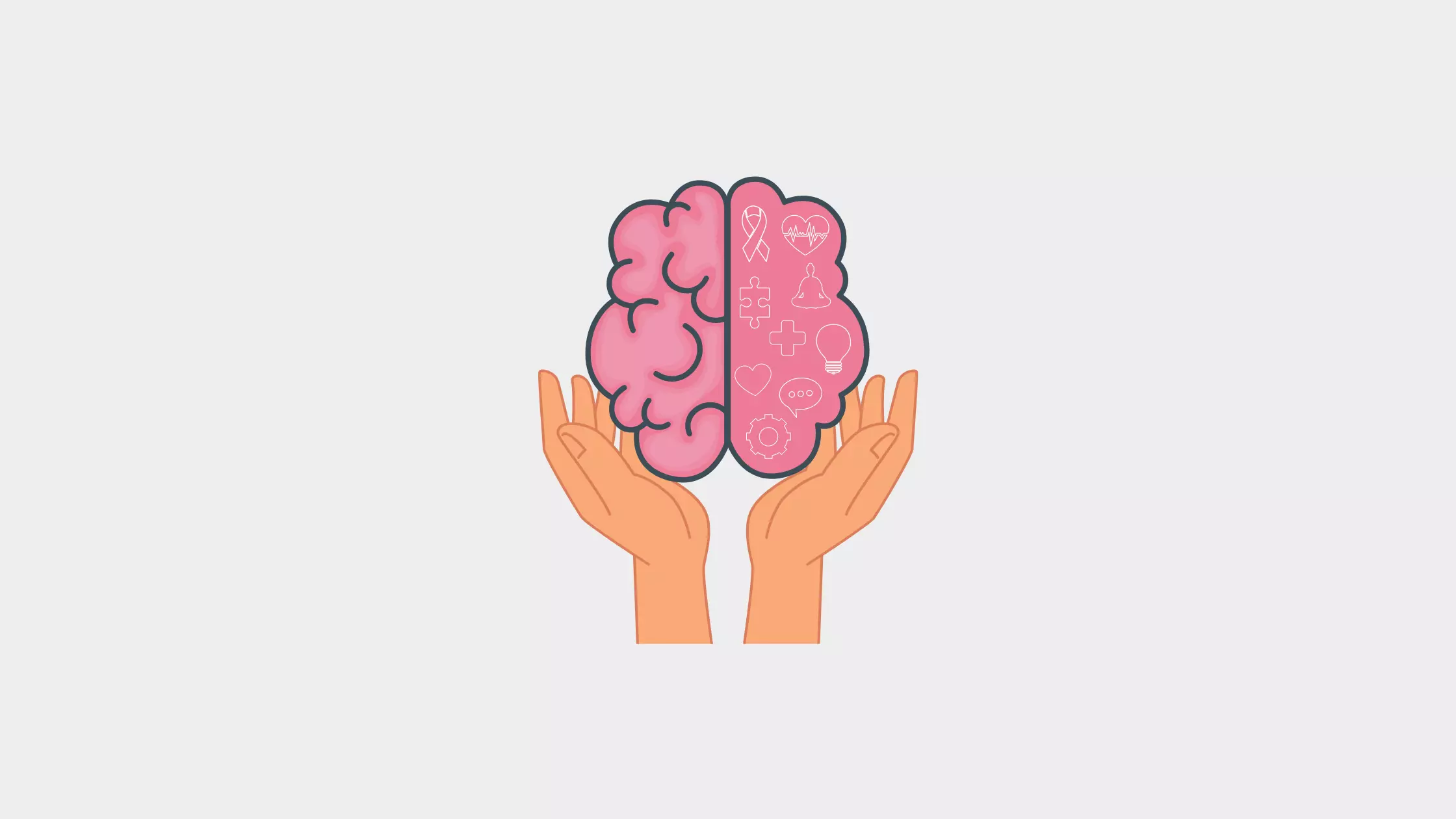Discovering the Connection In Between Nourishment and Mental Health Enhancement
In the realm of mental health, the influence of nutrition is a subject of growing interest and research. The intricate interplay between what we eat and exactly how we feel extends much past mere physical health and wellness. The effects of our dietary choices on psychological well-being have been progressively acknowledged by health experts and scientists alike. As we navigate the facility landscape of contemporary lifestyles, discovering the nuanced connection between nutrition and psychological wellness improvement may hold the key to unlocking a deeper understanding of our cognitive and emotional strength.
Influence of Food on Mood
The partnership in between dietary selections and state of mind law is a vital facet of understanding the influence of food on mental health. Research has shown that certain foods can influence neurotransmitter activity, affecting mood and emotions. Foods rich in omega-3 fatty acids, such as fatty fish, walnuts, and flaxseeds, have actually been connected to lower rates of anxiety and improved state of mind guideline.
In addition, complex carbohydrates located in entire grains, fruits, and vegetables can help regulate blood sugar level degrees, which subsequently can have a positive effect on state of mind stability. On the various other hand, diets high in processed foods, sugar, and hydrogenated fats have been related to an enhanced threat of clinical depression and state of mind disorders.
In addition, the gut-brain connection plays a considerable role in mood policy. The digestive tract microbiome, affected by the foods we consume, can communicate with the brain with the gut-brain axis, influencing mood, stress and anxiety degrees, and total psychological health. Therefore, making nutritious and conscious dietary selections is crucial for keeping a healthy and balanced and well balanced state of mind.

Vital Nutrients for Anxiousness

In addition, the amino acid tryptophan, located in foods like turkey, eggs, and nuts, is a forerunner to serotonin manufacturing, a neurotransmitter known for its duty in promoting feelings of peace and well-being. Vitamin B complicated, specifically B6 and B12, are likewise essential for keeping a healthy anxious system and might help in reducing stress and anxiety signs.
Incorporating these essential nutrients right into a healthy diet can have a favorable effect on taking care of anxiousness and boosting overall mental health.
Dietary Techniques for Clinical Depression

One dietary method for managing anxiety is concentrating on foods rich in omega-3 fats, such pop over to this web-site as fatty fish, their explanation flaxseeds, and walnuts. Omega-3 fats have been linked to minimizing swelling in the brain and boosting natural chemical function, which can favorably impact mood. In addition, enhancing the consumption of fruits, veggies, whole grains, and lean healthy proteins while decreasing the intake of refined sugars and foods may aid in alleviating depressive signs and symptoms.
In addition, keeping ample degrees of vitamin D, either with sunlight exposure or supplementation, is important for supporting mental wellness. Vitamin D shortage has been linked with an enhanced risk of clinical depression, making it essential to ensure enough intake of this nutrient. By including these dietary strategies, people may effectively enhance standard treatments for anxiety and boost their overall wellness.
Gut-Brain Axis and Mental Wellness
Concentrating on the complex connection between the stomach system and mental wellness, the Gut-Brain Axis plays a critical duty in influencing cognitive functions and psychological health. The Gut-Brain Axis is a bidirectional communication network in between the central nerve system and the enteric nerves, connecting the emotional and cognitive facilities of the brain with peripheral intestinal tract functions. This axis is managed by a detailed interplay of neural, immune, endocrine, and metabolic pathways.
Study suggests that the structure of gut microbiota, the varied community of bacteria residing in the intestinal tract, can have a profound influence on mental wellness. Discrepancies in intestine microbiota, referred to as dysbiosis, have actually been linked with conditions such as depression, stress and anxiety, and also neurodegenerative conditions. Furthermore, the digestive tract microbiota plays a critical role in the production of neurotransmitters like serotonin, which is necessary for controling mood and emotional feedbacks.
Keeping a healthy gut microbiota via a well balanced diet abundant in fiber, fermented foods, and probiotics is vital for sustaining mental wellness (Mental Health Services). Methods focused on optimizing the Gut-Brain Axis supply encouraging methods for improving emotional health and cognitive feature
Nutrition's Duty in Cognitive Feature
Provided the significant impact of the Gut-Brain Axis on psychological health, Your Domain Name recognizing just how nourishment impacts cognitive function ends up being paramount in promoting general well-being. Nourishment plays an important role in cognitive function by providing necessary nutrients that support brain wellness and optimal efficiency.
Key nutrients such as omega-3 fats, vitamins, minerals, and antioxidants are known to boost cognitive abilities, consisting of memory, focus, and problem-solving abilities. Omega-3 fats, found in fatty fish like salmon and nuts, have actually been linked to boosted memory and cognitive feature. Anti-oxidants, bountiful in veggies and fruits, help protect mind cells from damage caused by totally free radicals, thus maintaining cognitive function.
Additionally, a well balanced diet plan rich in whole grains, lean healthy proteins, fruits, and vegetables can favorably affect cognitive feature by supporting blood sugar levels and giving sustained energy to the brain. On the other hand, diets high in refined foods, saturated fats, and sugars have actually been related to cognitive decline and damaged mind feature. As a result, making notified nutritional options is necessary for keeping optimum cognitive feature and total psychological wellness.
Final Thought
Finally, the connection between nutrition and mental health is intricate and complex. The impact of food on mood, crucial nutrients for anxiousness, dietary techniques for depression, the gut-brain axis, and nourishment's function in cognitive function all play critical duties in mental well-being. Understanding the link between nutrition and psychological wellness enhancement is vital for promoting overall health and resolving mental wellness problems. Further study and understanding in this area are essential for advancing treatments and treatments.
The ramifications of our dietary choices on psychological wellness have actually been progressively acknowledged by health and wellness experts and scientists alike. As we navigate the complicated landscape of modern way of lives, uncovering the nuanced partnership between nourishment and mental wellness improvement may hold the secret to opening a deeper understanding of our psychological and cognitive durability.
Building upon the vital nutrients that sustain psychological health, particularly in taking care of anxiety disorders, the focus now changes in the direction of taking a look at nutritional strategies for dealing with anxiety.Concentrating on the detailed connection between the intestinal system and psychological wellness, the Gut-Brain Axis plays a pivotal role in influencing cognitive features and psychological well-being (Mental Health Services). Understanding the connection in between nourishment and psychological wellness enhancement is essential for promoting general health and attending to psychological wellness problems